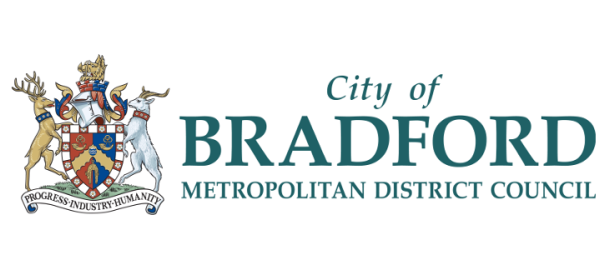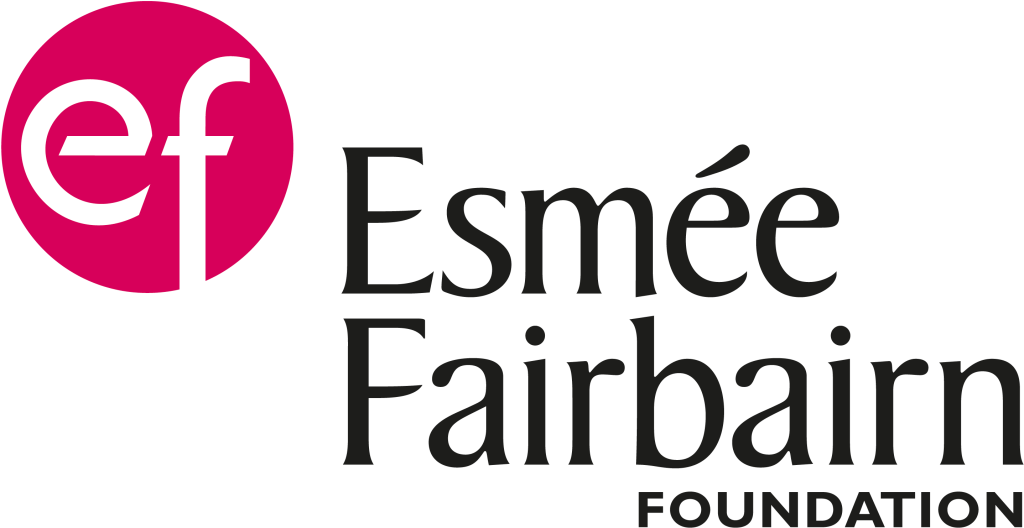The touring/programmer’s pack provides essential information for the programmer, enabling them to make considered decisions as to whether your show will fit their event programme. The programmer’s pack can be emailed or you can save it to your website or cloud drive and provide your client with a link.
The touring/programmer’s pack includes: Information about the show, Risk Assessments and Method Statements (RAMS) including Covid Safety, proof of Public Liability Insurance (PLI), and marketing materials.
1 Information about the Show
Write a summary of the show that can be used as a paragraph for the programmer’s marketing needs. Continue with more description of how your show works in practice by creating a Tour/Programmer’s Pack.
Example tour pack for Highly Sprung – Urban Astronaut
2 Risk Assessments
The risk assessment is an important document for you and your booker. It shows that you have understood and mitigated the risks to yourself, your crew and the audience public and have taken all reasonable steps to keep people from harm.
Here is a show Risk Assessment Template.
3 Method Statements
A method statement is a detailed account of what you will do from the moment you arrive at the event/booking
Here is a template.
HSE Covid-19 Risk Assessment Template for employers.
National Association of Street Artists UK’s COVID outdoor arts Risk Assessmentconsiderations.
4 Public Liability Insurance (Courtesy of NASA UK)./h3>
Equity is the actors / variety performers union. It provides one of the cheapest Public Liability Insurance (PLI) policies covering up to 10 Million pounds for individual performers through their annual membership. Clients require you to provide PLI. A copy of your Equity member card usually will suffice along with your contract. See more at www.equity.org.uk.
You must have performed in a certain number of shows to be eligible to obtain an Equity membership, although street performance / variety performances are less restrictive than theatre ones (you need to have performed less). An extension is possible to add Fire Performer insurance for ± £30 per year, though this does not insure for Pyrotechnic use.
If you are working as a company or your piece is of a larger scale, uses pyro, or has larger scale set and props and or uses audience volunteers extensively, you will probably need more comprehensive PLI insurance to fulfil contracts. This policy can be in the region of £5-600 per year.
Hencilla Canworth provides the First Act insurance policy for Equity members.
Stuart Cowie is the person to ask for as a contact for company, show & fire performer insurance enquiries.
From our understanding insurance costs have not extended to cover Covid-19 contract cancellations. These are being treated generally as Force Majeur, where both parties simply walk away from the contract.
This is a very thorough template for producing a Covid-19 Risk Assessment, and much of it won’t be relevant to performance activities, but it is worth using as a clear starting point to your work. Download: Health & Safety Executive C0vid-19 Employers Risk Assessment Template, NASA UK Covid-19 Discussion Checklist and Risk Assessment
5 Marketing Materials.
Create a marketing pack for your clients to receive as an email or download which should include:
• A selection of high quality high resolution images in portrait format – include close ups and interactions with the public (make sure you have permissions). Use the name that you save the file by to communicate the correct credit, eg name of show by name of company photo by name of photographer.
• A 300 character biography of yourself/your company.
• A 300 character paragraph that can be used for the client’s marketing purposes – programmes, website, social media.
• A longer paragraph about your work and the show for press releases.
• Your social media channels and #tags.
6 Client Contract.
Once you have agreed the booking you need to confirm it in writing by email and then follow up with a tour/programmers pack.
Often the booker will send you a contract,example here, which you need to read carefully before signing – check dates, fees, whether accommodation, travel and meals are included and that they have agreed to your technical and power requirements, get in/out times, changing space, access and parking needs. Also check the small print for cancellation and exclusivity clauses. For example, they may have an exclusivity clause that prevents you from performing within a 50 mile radius in the next three months, but you want to perform in the next town on the next day.
7 Managing the Company on the Road.
It is useful to nominate one of the touring team as your company manager. This person will be your client’s point of contact for the booking and will take responsibility for the show starting on time, and being delivered safely to high quality.
The touring company manager will often be the person who makes the final decision and negotiates with the client with regard to whether a show can go ahead in adverse weather or unforeseen circumstances.
8 Performers’ Contracts.
(working hours, driving rules, accommodation, gig sheet, rehearsals, social media procedures and communication protocols)
Working Hours.
As mentioned above, your touring schedule needs to consider load, travel, get in, perform, get out and travel times. As a rule of thumb, if all these tasks can not be achieved within a 12 hour working day, then overnight travel is required before or after the performance – depending on the performance times.
ITC/Equity small scale touring contracts also stipulate that all artists need at least 1 day off in 6 and that there needs to be at least a 12 hour break between each working day.
Here is an example ITC/Equity small scale touring contract to use as a mode should you wish to create your own contract. Bear in mind that it is likely that you will be contracting freelances working on daily rates and taking responsibility for their own tax/NI rather than employees on weekly/monthly rates of pay who will have tax/NI deducted at source. Alternatively you could adapt this existing example.
Travel/Driving.
Freelances need to agree to drive and can not be paid extra for driving. To pay extra would mean they were driving for hire – like a bus or taxi driver – with all the legalities that may entail. If they are going to drive a van with your kit and the rest of the cast, they need to be safe and confident drivers with a full clean driving licence. If they are using their own vehicle it needs to be insured for social, domestic, business and pleasure.
Accommodation.
Unless performers request or agree otherwise, aim to provide single room en suite accommodation. Be clear from the outset if camping will be required when performing at festivals.
Get in/out.
Practice get ins and outs during rehearsals, sharings and previews so that you can build it into the timings of your touring schedules.
Changing/Warm up/Rehearsal Space.
Request the facilities that you need from the booker. E.g. changing spaces can be shared with other performers but must not be accessible to the general public, must be safe to leave personal belongings, no more than a 5 minute walk from the performance space, no stairs or ground level changing for stilt walkers, large doors for large props, access to power sockets for battery charging, space to stretch and practice routines in advance of performances, access to mirrors and running water.
Gig Sheet.
Create a gig sheet that includes all the details of the performance for the company.
Social Media.
Give clear permissions for company members to post on social media and include channels and #Tags on gig sheet.
Collecting Feedback & Monitoring/Gig Report.
Consider how you will record audience responses, numbers and notable demographics. This can be included on the gig sheet.










